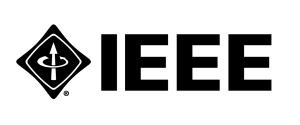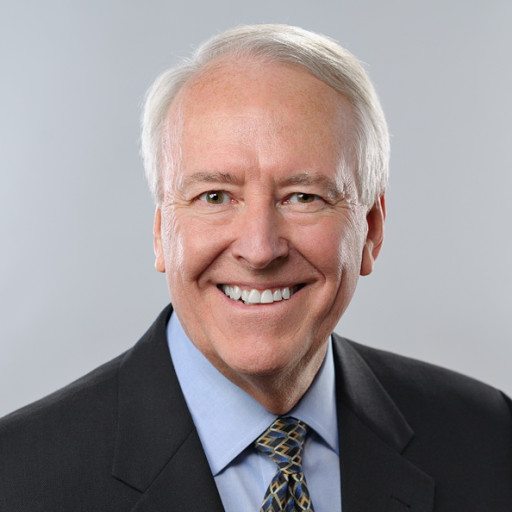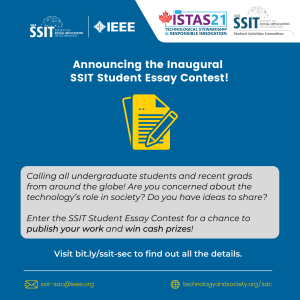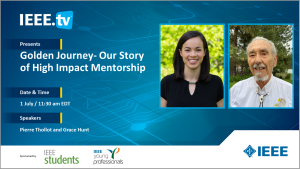As we gear up for another important IEEE Presidential Election we though it would be important to engage with the presidential candidates. Our editor in chief, Dr. Eddie Custovic interviews James (Jim) Jefferies.
- Who is Jim Jefferies?
Jim Jefferies is a retired AT&T and Lucent Technologies executive who in 33 years rose from manufacturing engineer to vice president. He was responsible for the teams that transferred glass technology from Bell Laboratories and developed and delivered fiber optic cables for AT&T. He also served as logistics vice president, responsible for worldwide supply chains, Quality Assurance, and export planning. He led teams in major technology transfers, transitions of information technology, and organizational change. More recently, he teamed with fellow Stanford Business School graduates in an entrepreneur venture in San Francisco and served as Chief Operating Officer. He was 2015 President of IEEE-USA supporting expanded focus on public visibility, young professionals, and humanitarian outreach.
He earned his BSEE from the University of Nebraska, an MSES from Clarkson University, and is a licensed Professional Engineer (Emeritus). He attended Stanford University Business School as a Sloan Fellow earning an MS in Management.
- Going back in time, describe to us Jim Jefferies as a young professional.
I graduated in 1968 and then spent 2 years as a technician in the US Navy. As a young professional manufacturing engineer, I was wide-eyed and confident – willing to try anything in new technology as mini computers and computer automation were just opening up for manufacturing and testing of products. I was asked by my boss one day if I “planned to be an engineer all my career?” Without understanding all the implications, I said no. A shift into management was soon underway. I had several important intersections with IEEE in those years. One was participating in study groups preparing for the professional engineers licensing exam. A second was the activities and journals of what was then the IEEE Engineering Management Society helping make that engineer to manager step. It was a fun time trying a lot of different areas, working on 2 graduate degrees at the same time, and developing leadership skills.
- What are some of the major challenges that IEEE faces in the coming years and how do you plan to address them?
IEEE is a great organization but faces some challenges including maintaining its relevance to members and society as embodied in our mission. We need to constantly test our value propositions as we are first, in my view, a membership organization and then tailor our offerings to contemporary member needs both technical and professional. We need to ask the question – why would you join and why would you stay? We need to be open to alternative membership arrangements. Our basic business models are under pressure from alternative publishing and convening options and we need to maintain that revenue to support our education, humanitarian, and public policy activities. To assure that, we need to be at the leading edge, engaging industry and other partners, and provide an ever expanding range of multidisciplinary communities. While we have a clear strategic direction, we need the implementation support of a seasoned leader in setting priorities, applying innovation such that we commit quickly to new opportunities but also be willing to discontinue those activities whose value may be declining. All of this will also require attention to the importance of staff and volunteer relationships. This needs to be led from the top. Finally, many people know who we are but not necessarily everything that we do which presents an opportunity to expand our public policy voice globally as a voice of and voice for technical professionals.
- Currently, young professionals feel that some societies are poorly in tune with the needs of young professionals. If you are elected, what will you undertake to better engage societies with young professionals?
I agree that there is a need to better integrate IEEE activities. Societies have the lead in the technical area but there is room to grow the richness of our forums by including different perspectives. Some progressive forums are opening greater inclusion, whether it is through IEEE Collabratec or other creative sharing arrangements. Affinity groups, like Young Professionals, Women in Engineering, Consultants, Life Members, and Entrepreneurs can be a force in directing greater inclusion and highlighting examples where it has worked. I would advocate for and personally encourage that approach. I would also want to see society leaders exposed directly to more affinity group activity. There is strength in our unity but it will take a subtle but constant push to move it forward. A good place to start is at the local chapter level where the groups are smaller, there is a greater alignment with the local section, and more leadership openings can be judged on ability and not just longevity.
- Why should young professionals vote for you?
You should vote for me because we have a common objective of adapting IEEE to make it relevant to all of its demographics and I have the depth of senior leadership, direct training, and experience to make it happen. That’s why I championed the just completed first ever Future Leaders Forum in the US for students and Young Professionals. It is why we placed a young professional on the IEEE-USA board as a full voting member. It is why I provided exclusive funding for young professional activities. I have a well measured but creative approach to management that encourages solving difficult problems but also leaves time to enjoy and celebrate. Young professional members are the future of IEEE and I will be focused on the future.
Interview conducted by
Eddie Custovic, Editor in Chief – IMPACT by IEEE Young Professionals









